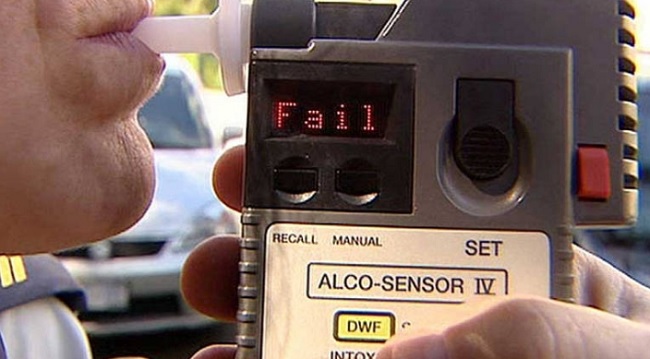As Canada prepares for the legalization of recreational use of cannabis in October, the federal government is investing nearly $1 million to study effects of cannabis use on drivers.
Minister of Public Safety and Emergency Preparedness Ralph Goodale announced Tuesday that the Liberal government is providing $919,065 over three years to the Centre for Addiction and Mental Health (CAMH) for research into the impacts of cannabis on drivers ranging in age from 19 to 45.
The research will study how increased levels of the psychoactive chemical delta9-tetrahydrocannabinol (THC), the main active ingredient in cannabis that causes the “high”, affects drivers, including their ability to anticipate hazards, level of risk-taking behaviour, reaction time, and position and speed on the road.
The research will also look into the differences that may exist between the ages and genders of drivers.
“While we have known for a long time that cannabis use affects our ability to drive, more in-depth and targeted knowledge is necessary to set limits for blood concentrations of THC,” said Health Canada research scientist Bruna Brands, who is collaborating with the CAMH on the study.
“This research will enable us to set such limits, comparable to those which were set for alcohol several decades ago.”
Drug-impaired driving up

While there are good roadside tests for drivers who have consumed alcohol, there is nothing similar to quickly and accurately test for the consumption of cannabis. (CBC)
According to Statistics Canada, even though drug-impaired driving is illegal in Canada and will remain illegal even after cannabis is legalized and regulated as of Oct. 17, the number and rate for almost all drug-impaired driving violations increased in 2016.
In total there were 3,098 drug-impaired driving violations in 2016, 343 more than the previous year, government statistics show.
An EKOS Research poll in 2016 showed that over a quarter of Canadians (28 per cent) who have used cannabis, reported having operated a vehicle while under the influence.
“Drug-impairment is a serious concern today – it’s a major contributor to fatal road crashes,” Goodale said in a statement.
“To combat this potential deadly risk, the government is investing in new training and new tools for law enforcement, strengthening our laws and raising awareness about the dangers of driving while impaired by cannabis.”
Law enforcement officers are trained to detect drug-impaired driving using Standard Field Sobriety Testing (SFST) and Drug Recognition Expert (DRE) evaluation and enforce drug-impaired driving laws, officials said.
Since July 2008, under Canada’s Criminal Code, police can perform compulsory roadside checks and assessments, using Drug Recognition Experts, if they suspect a driver has drugs in their body. Failure to comply with the demand may result in criminal charges.







For reasons beyond our control, and for an undetermined period of time, our comment section is now closed. However, our social networks remain open to your contributions.